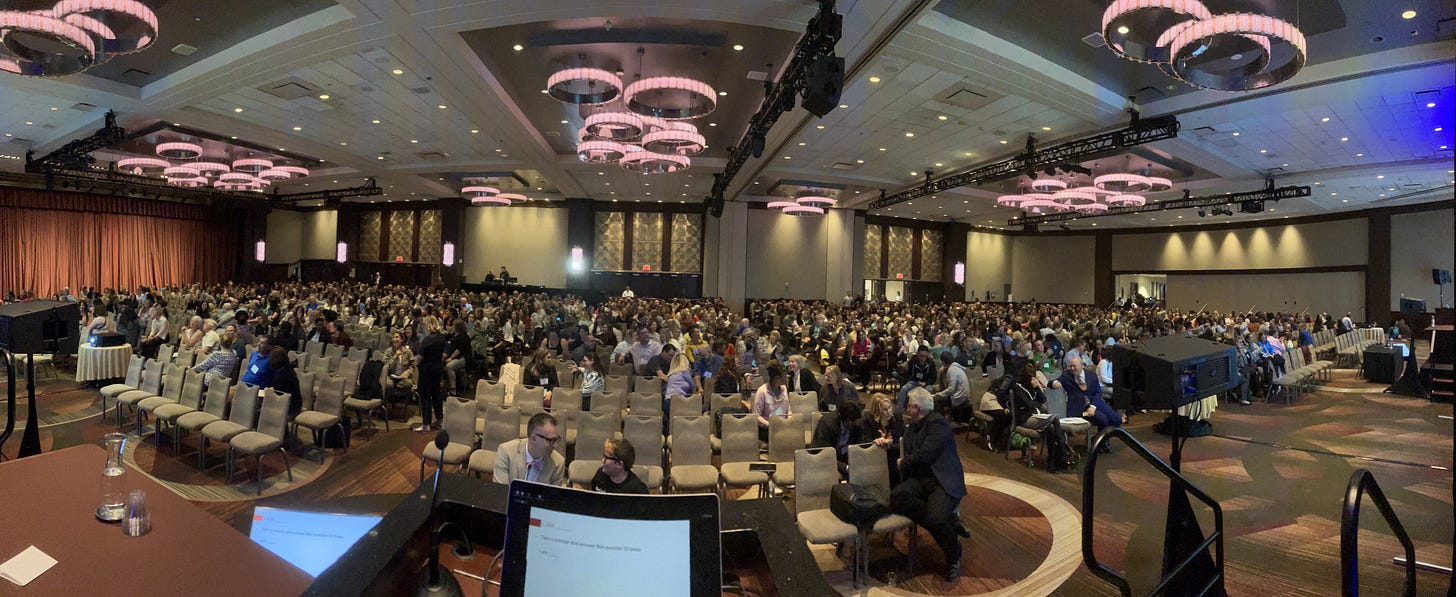INTERVIEW: Selfless with Brian Lowery
Issue 71: Brian Lowery shares his thought processes when writing his new book, SELFLESS: The Social Creation of You
This week, we feature Brian Lowery, a social psychologist and Stanford professor whose new book, Selfless: The Social Creation of You presents a provocative, powerful theory of identity, arguing that there is no essential "self"—our selves are social creations of those with whom we interact —exploring what that means for who we can be and who we allow others to be.
Jay actually spoke to Brian about his book when we were also in the early stages of writing our own book. We were having a drink together at a tenure party in New York and got talking about our book proposals. It was striking how similar our core ideas were—with a focus on the social construction of identity! So it is exciting to see Brian’s book hit the shelves.
Brian has long been a leader in research on group dynamics and intergroup bias. His current research investigates individuals’ experiences of inequality and fairness — how people perceive inequality and the steps they take, if any, to reduce it. His work sheds light on intergroup conflict and the nature of social justice.
In Selfless, Brian argues the radical idea that the “self” as we know it—that “voice in your head”—is a social construct, created in our relationships and social interactions. What makes people unique is that their patterns of relationships are unique. We change because our relationships change. Your self isn’t just you, it’s all around you.
Selfless was released in late March 2023, and is now available. Purchase the book or listen to an audio snippet here. If you loved The Power of Us, you’ll like Selfless. Here is our interview with Brian:
What does your book teach us about group dynamics?
That communities create and control identities and therefore can determine what we can be. The book explores how relationships create us and limit our freedom. I hope it expands the way people see themselves and their social world.
Despite what many may think, we aren’t islands unto ourselves; we are the creation of the many hands that touch us. We don’t just exist in communities, we are created and shaped by them.
What was the most surprising thing you learned as you were writing the book?
That we can incorporate other people's faces into our perception of our own face. We can literally see others as a part of us!
What is the biggest unanswered question on this topic going forward?
How should we understand individual agency?
Do you have any practical advice for people who want to apply these ideas?
Think of every relationship as an opportunity to create the person you are interacting with, and understand that in each interaction you are being shaped by the person interacting with you
News and Updates
Jay gave a Keynote talk about “The Power of Us” to a room full of educators. In the image below, you can see the view from the podium as 1000 people complete the “I am ___” task with a partner.
If you are interested in using our book for teaching, we have free videos, exam items, and other educational materials for educators. Simply fill out this form and we will send you a link to the materials.
Learn more about THE POWER OF US
If you like our newsletter, we encourage you to check out our award-winning book “The Power of Us: Harnessing Our Shared Identities to Improve Performance, Increase Cooperation, and Promote Social Harmony”. You can learn more about the book or order it from the links on our website (here). We keep the newsletter free, but are extremely grateful if you have a chance to purchase the book or buy it for a friend who wants to learn more about group psychology.
Catch up on the last one…
Last week’s newsletter summarized our new documentary short about polarization and democracy. We created this documentary to supplement our podcast series on understanding political polarization and its solutions.






I’ll grant that the social self is largely a social construct. But our identities are more than our social selves. There are plenty scientific ways to identify unique individuals that have nothing to do with social constructs. We can identify generations of individuals and their biological families separated from their social identities. Identities are shaped by a combination of both social and biological factors. The interplay between these factors can vary for each individual, as different people may place varying levels of importance on social or biological aspects of their identity. Some individuals may prioritize their social identities, while others may place more emphasis on their biological connections.